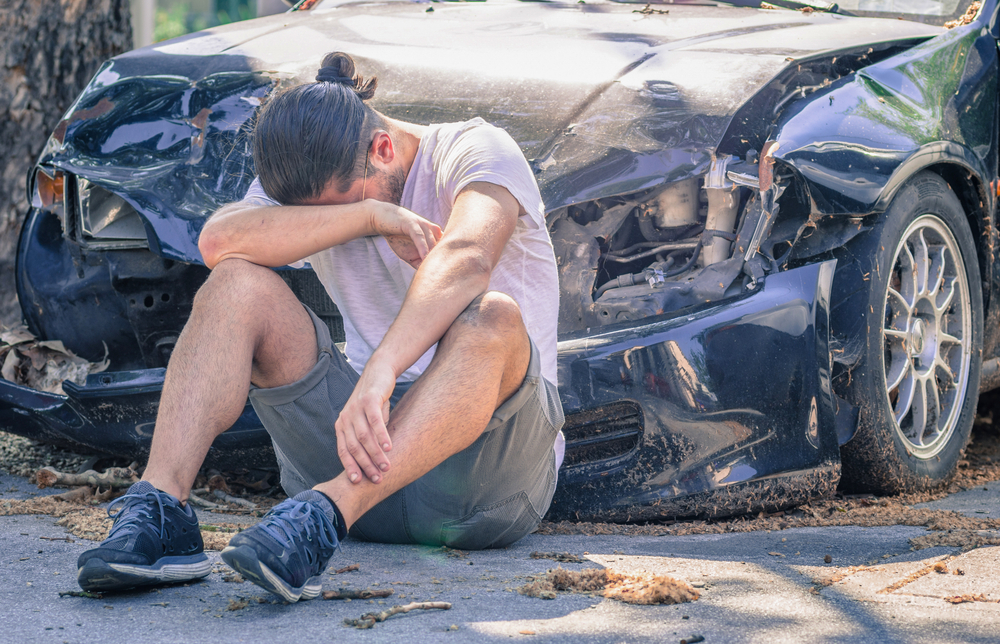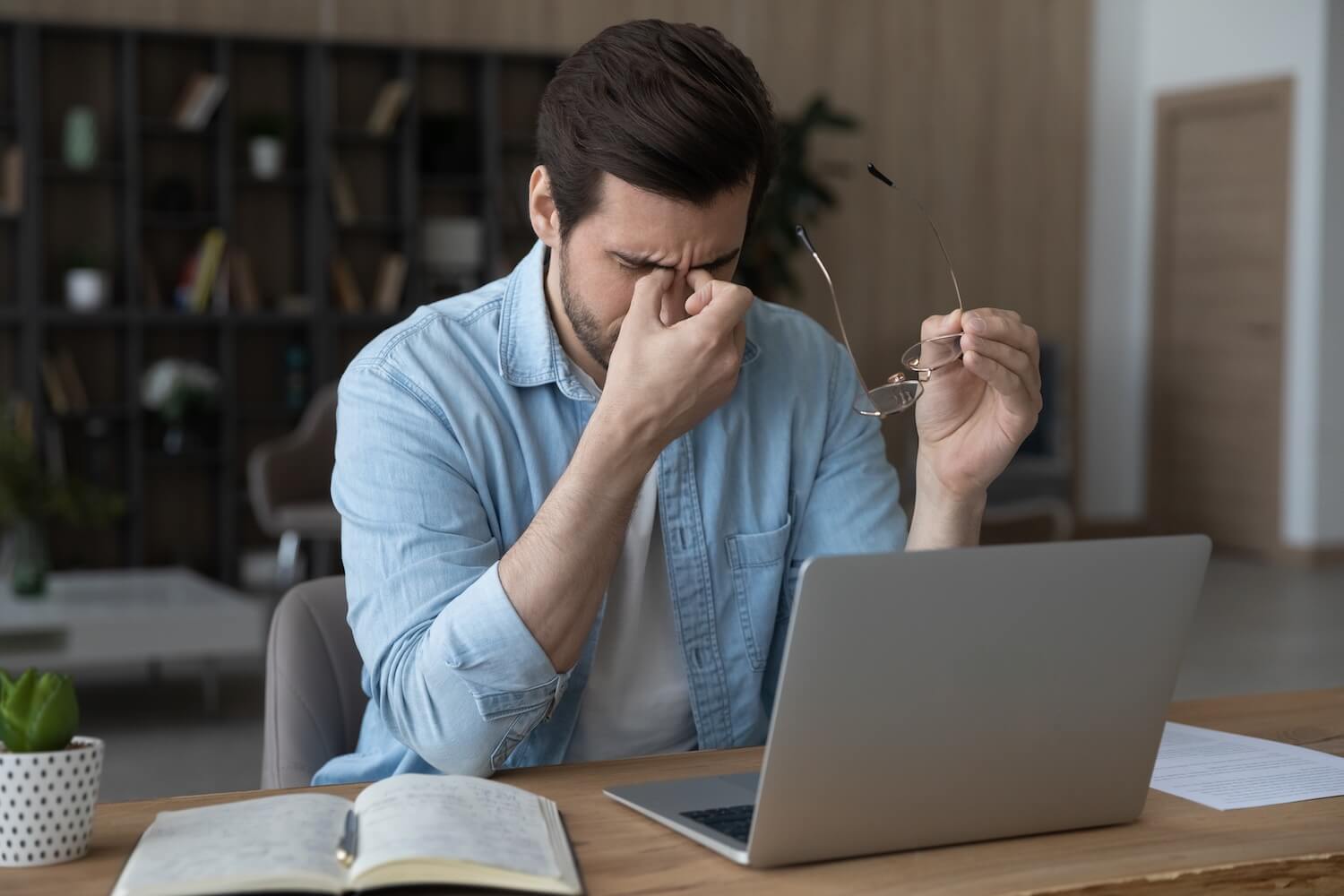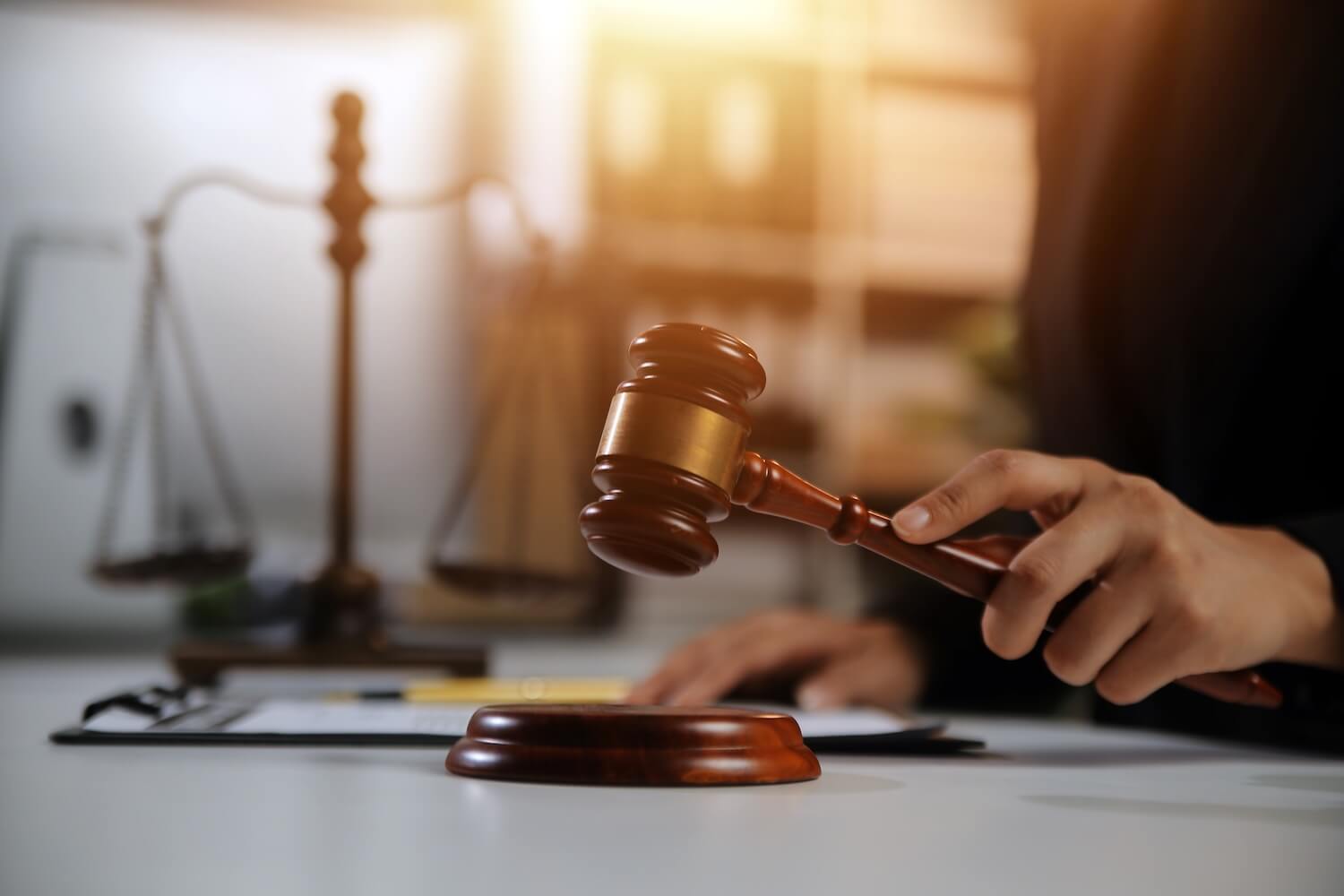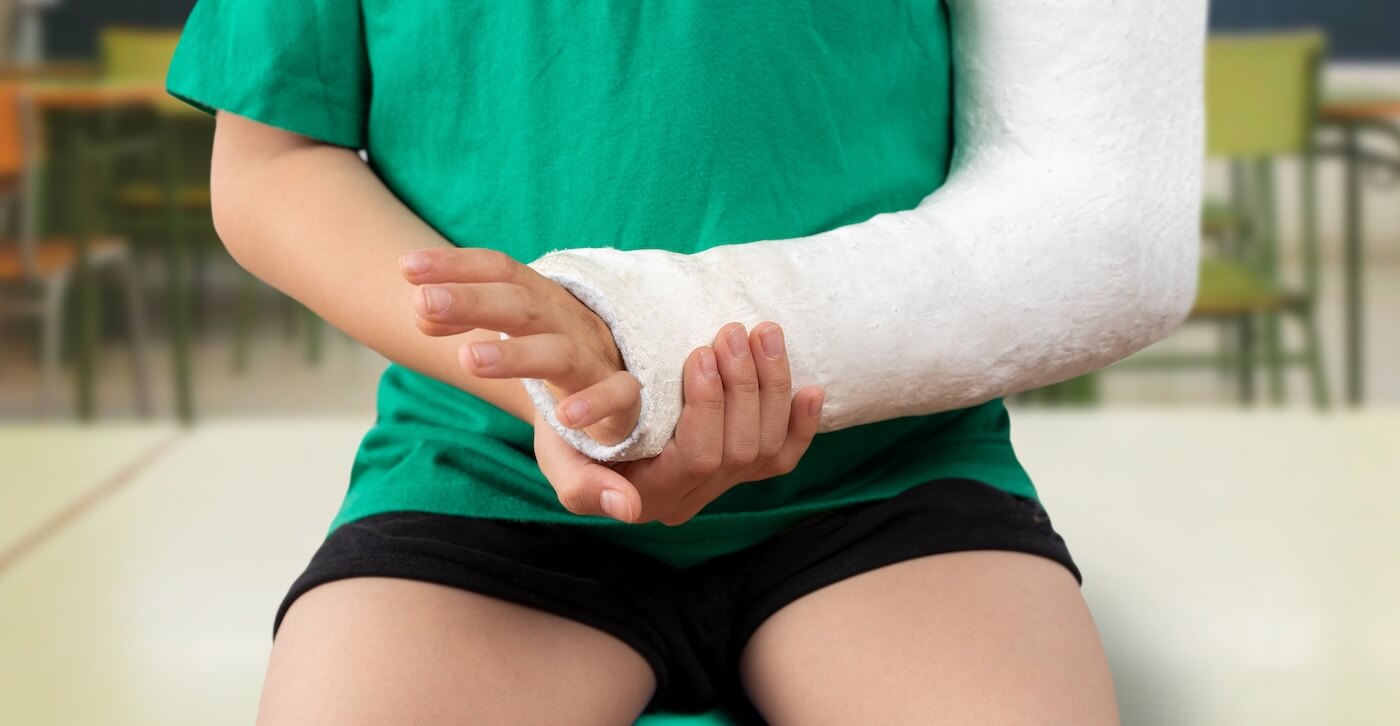Steps to Take Immediately After Getting Injured in an Accident

Written by Matthew Weidinger

Getting injured in an accident can be overwhelming, but knowing the right steps to take immediately can protect your health and your rights. The most important action is to ensure your safety and seek medical attention as soon as possible, even if injuries seem minor.
After addressing your health, it’s crucial to document the scene, gather information, and report the accident properly. Taking these steps promptly can help you avoid complications down the line and ensure any necessary claims or legal actions are supported with accurate details.
Critical Steps to Take Immediately After an Accident
Ensure Personal Safety
First, check yourself and others for injuries. If anyone is seriously hurt, avoid moving them unless there is immediate danger, such as fire or oncoming traffic. If you are able, move to a safe area out of traffic or other hazards. Turn on your hazard lights to alert other drivers.
Avoid standing or walking near the road. Stay calm and assess your physical condition. If you feel dizzy or in severe pain, wait for emergency responders to arrive.
Call Emergency Services
Dial the local emergency number immediately, even if injuries seem minor. Provide clear details: location, number of people involved, and the nature of injuries. Be ready to answer questions and follow the dispatcher’s instructions carefully. Request police, ambulance, or fire services as necessary.
Do not hang up until the operator instructs you to. Prompt notification can ensure timely medical aid and legal documentation.
Report the Accident to Authorities
You must report the accident to law enforcement, especially if there is injury, significant damage, or property loss. The responding officer will create an official accident report. Give accurate, factual information without admitting fault. Request a copy of the police report or the report number for your records.
Filing a report helps with insurance claims and legal matters. Failing to report when required may result in penalties.
Document the Scene and Gather Evidence
Use your phone or camera to photograph the accident scene, vehicle damage, license plates, traffic signals, and road conditions. Write down details such as the time, date, weather, and names of witnesses. Exchange contact and insurance information with other parties involved.
Avoid discussing fault or blame at the scene. Preserve any physical evidence, like debris or skid marks, as they support investigations and claims. Keep all documents, photos, and notes organized for reference during insurance or legal procedures.
Seeking Medical Attention and Care
After an accident, prioritizing your health is crucial. You need to carefully evaluate your injuries and get appropriate medical help promptly. Documentation of your injury through an official medical report is also essential for any future claims or treatment.
Assess Injuries and Seek Medical Help
Check yourself for visible injuries such as cuts, bruises, swelling, or deformities immediately after the accident. If you experience symptoms like dizziness, loss of consciousness, severe pain, or difficulty breathing, call emergency services or go to the nearest emergency room without delay.
Even if injuries seem minor, get checked by a healthcare professional. Some conditions, like internal bleeding or concussions, may not show immediate symptoms. Early diagnosis can prevent complications and improve outcomes.
If possible, bring a list of your symptoms and any pre-existing conditions to the medical provider. This helps ensure accurate diagnosis and appropriate treatment.
Obtain an Official Medical Report
Request a detailed medical report from your healthcare provider after your evaluation. This report should include your diagnosis, treatment recommendations, and any prescribed medications or therapies.
An official medical report documents the extent of your injuries and serves as proof for insurance claims or legal action. Keep copies of all medical records, test results, and billing statements related to your care.
You may need to follow up for additional exams or treatments. Maintain clear communication with your healthcare provider and keep records of all visits to support your case if needed.

Protecting Your Rights and Legal Interests
After an accident, taking specific steps helps you secure your legal position and avoid mistakes that could harm your claim. Prompt actions like notifying your insurer, consulting a lawyer, and understanding your rights will protect your interests effectively.
Notify Your Insurance Provider
You should inform your insurance company about the accident as soon as possible. Most policies require prompt notification to qualify for coverage. Provide accurate details without admitting fault. Stick to the facts: where, when, and how the accident happened. Avoid speculation or assigning blame in your communication.
Keep a record of whom you spoke with, along with dates and times. Timely notification helps prevent claim denial or delayed payments.
Consult a Personal Injury Lawyer
Contacting a personal injury lawyer early can safeguard your legal rights. A lawyer will guide you on what information to document and how to communicate with insurance companies.
They can evaluate whether you have a valid claim and advise on potential compensation. Lawyers help you avoid pitfalls like accepting low settlement offers or missing deadlines.
Through professional negotiation, your lawyer can increase your chances of a fair settlement. Do not hesitate to reach out for a consultation, even if you are unsure about the severity of your injuries.
Understand Legal Rights and Options
You have the right to seek compensation for medical bills, lost wages, and pain and suffering. It’s important to know the statute of limitations for filing a claim in your jurisdiction. You can file claims against liable parties, including drivers, property owners, or manufacturers. Understanding your legal options helps you pursue the proper course of action without unnecessary delays.
Be aware of insurance company tactics designed to minimize payouts. Knowing your rights allows you to respond appropriately and maintain control over your case.
Role of Smith & Weidinger PLLC
Smith & Weidinger PLLC specializes in personal injury law and focuses on protecting your legal interests after an accident. We offer personalized guidance through each phase of your claim.
Our firm handles communication with insurers, gathers evidence, and advocates for maximum compensation. Our experience ensures paperwork and deadlines are managed correctly.
By retaining Smith & Weidinger PLLC, you are supported by a team familiar with local laws and strategies to strengthen your case. This reduces stress and improves your chances of a successful resolution.
Note: The information provided in this blog post has been compiled from publicly available and secondary sources. While we strive for accuracy, some details may become outdated or contain inadvertent errors. If you believe any information is incorrect or requires updating, please contact Smith & Weidinger so that we may review and make the appropriate corrections.
Disclaimer: This blog post is for informational purposes only and is not intended as a solicitation for business. The photo used is not from the scene of the incident described. Viewing this content does not create an attorney-client relationship with Smith & Weidinger. If you have been injured in an accident, please seek immediate medical attention and then consult with a qualified attorney to discuss your legal rights and options.










